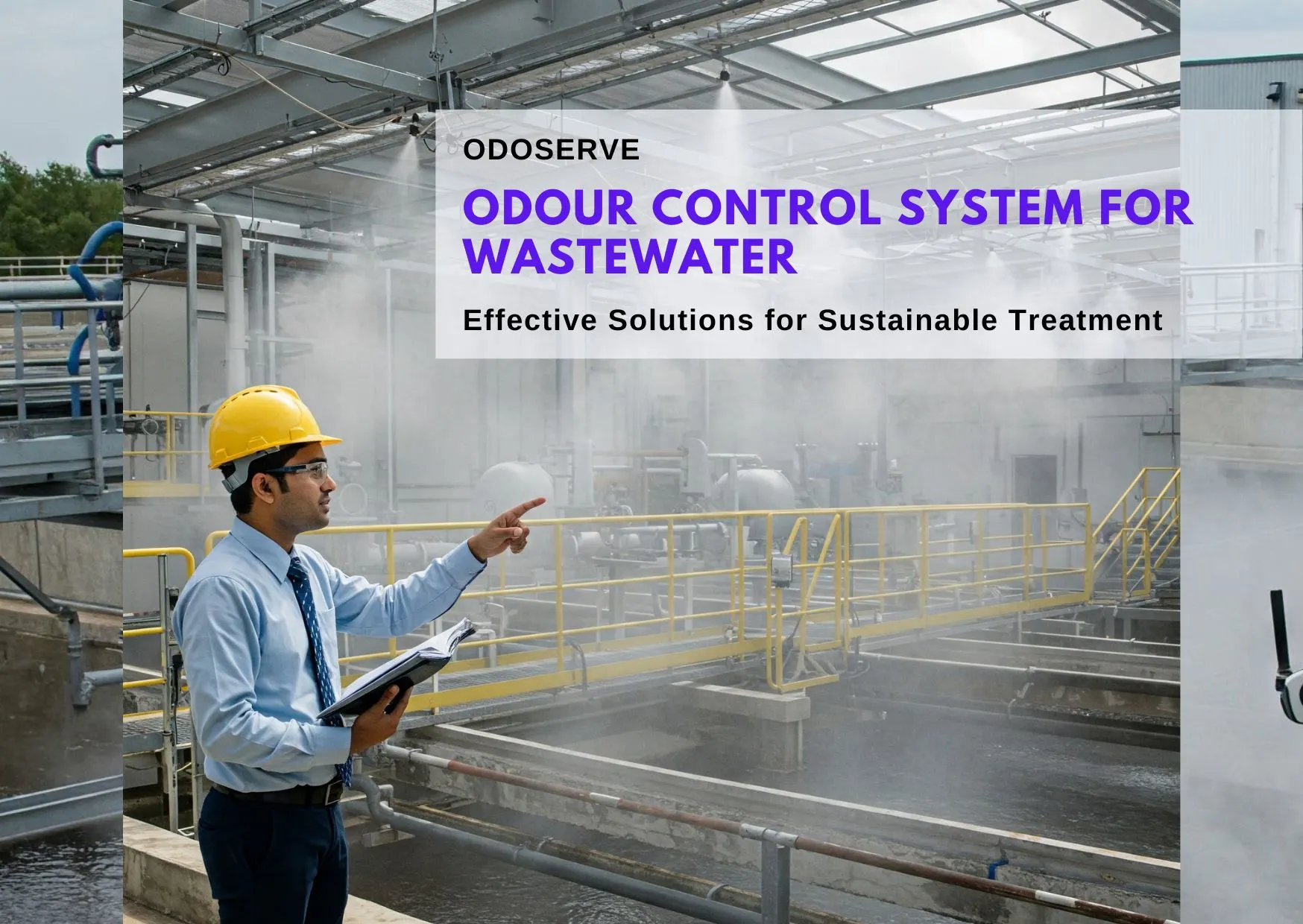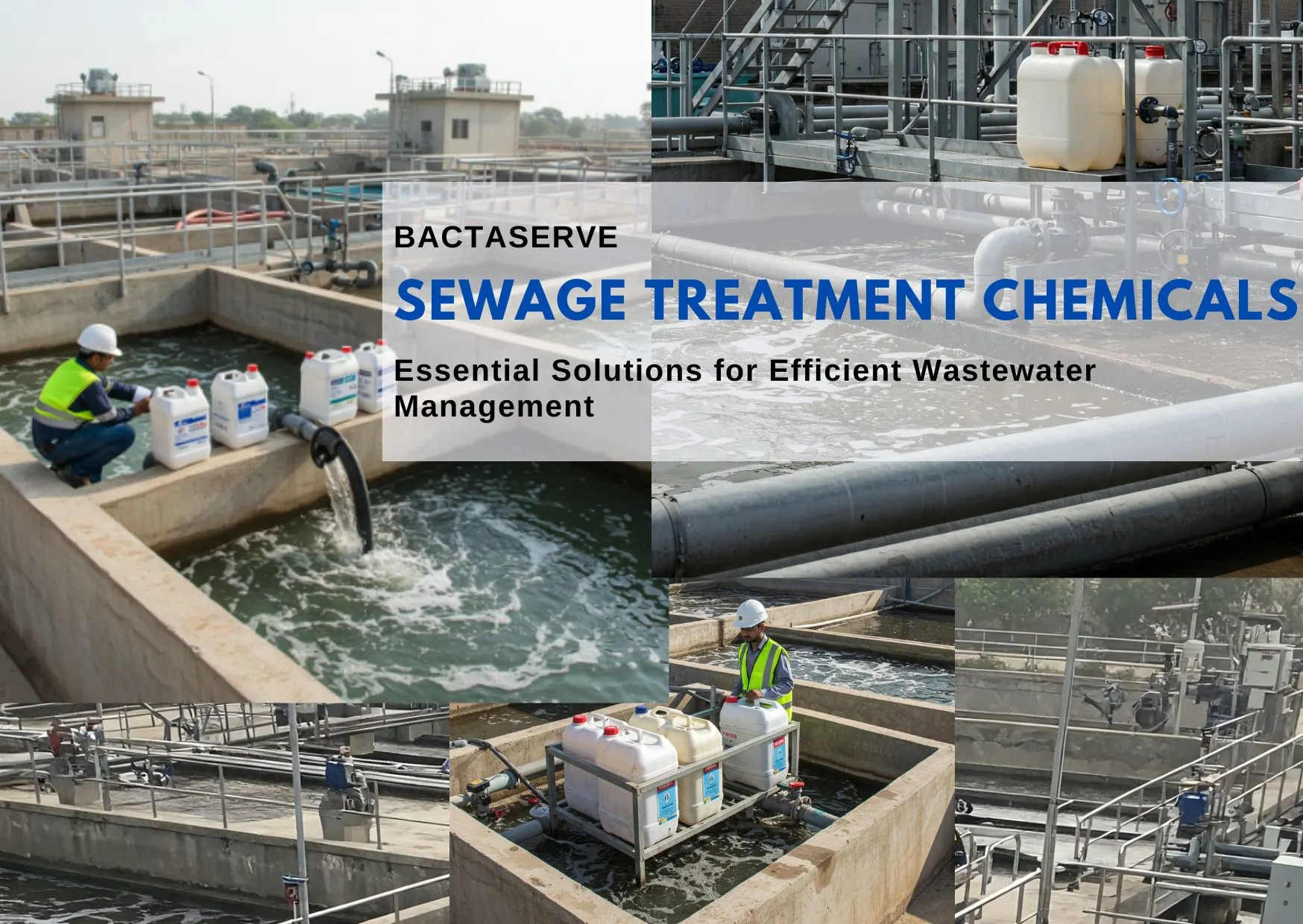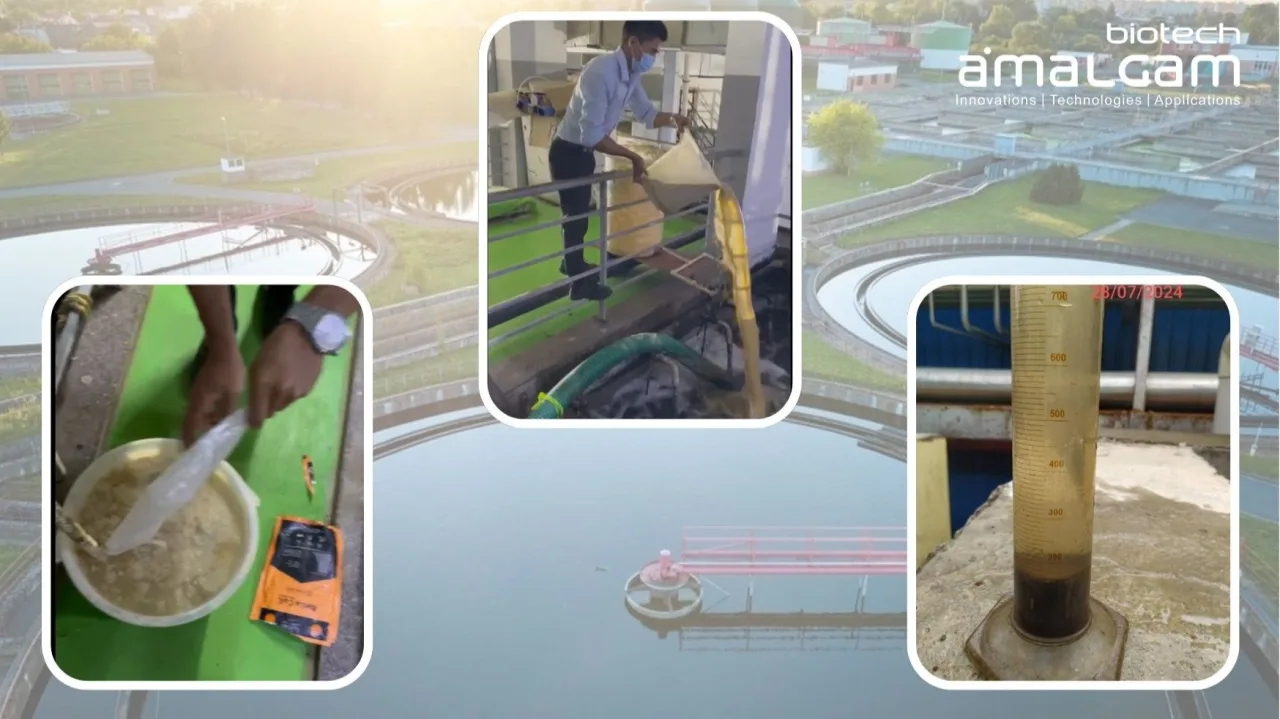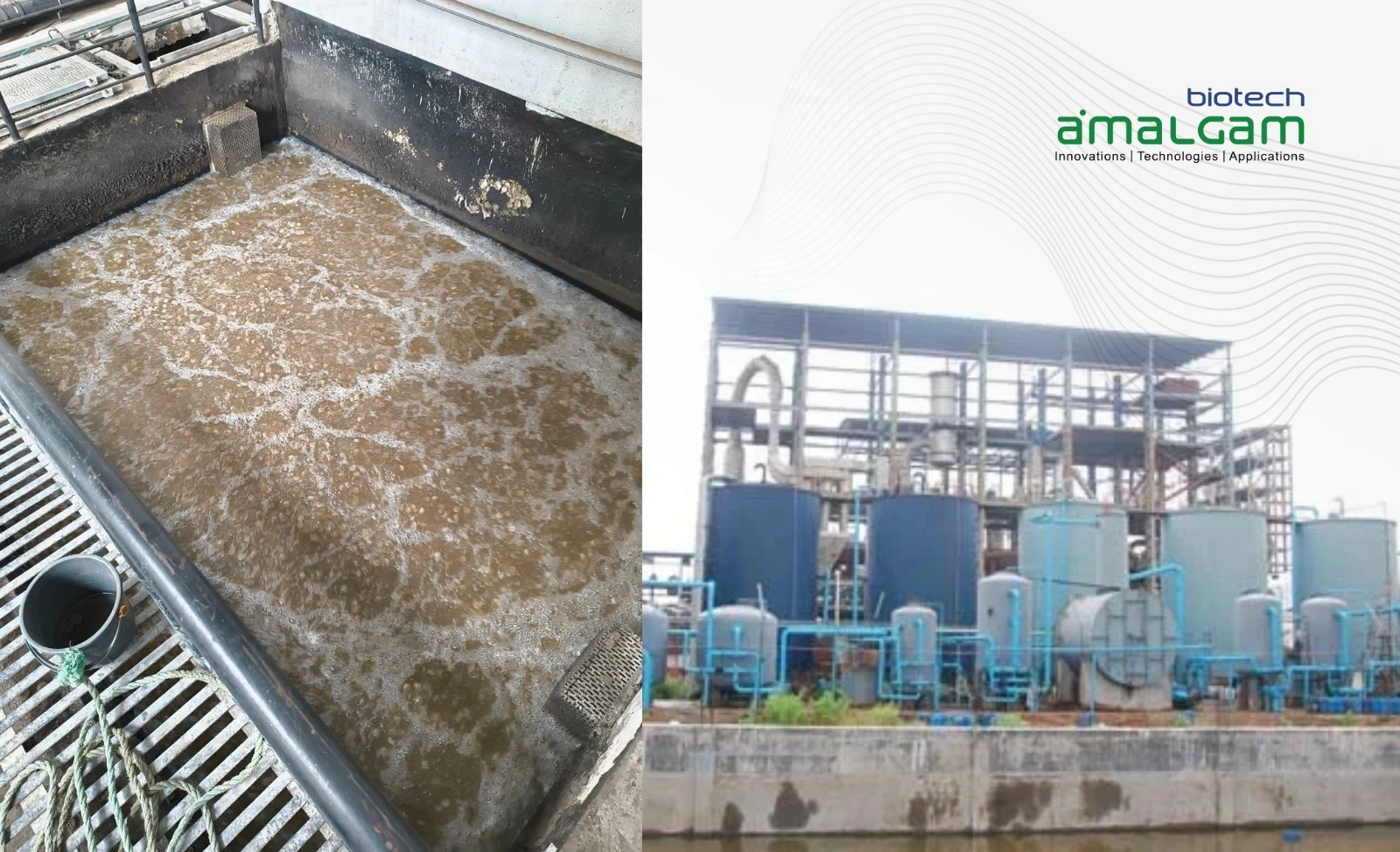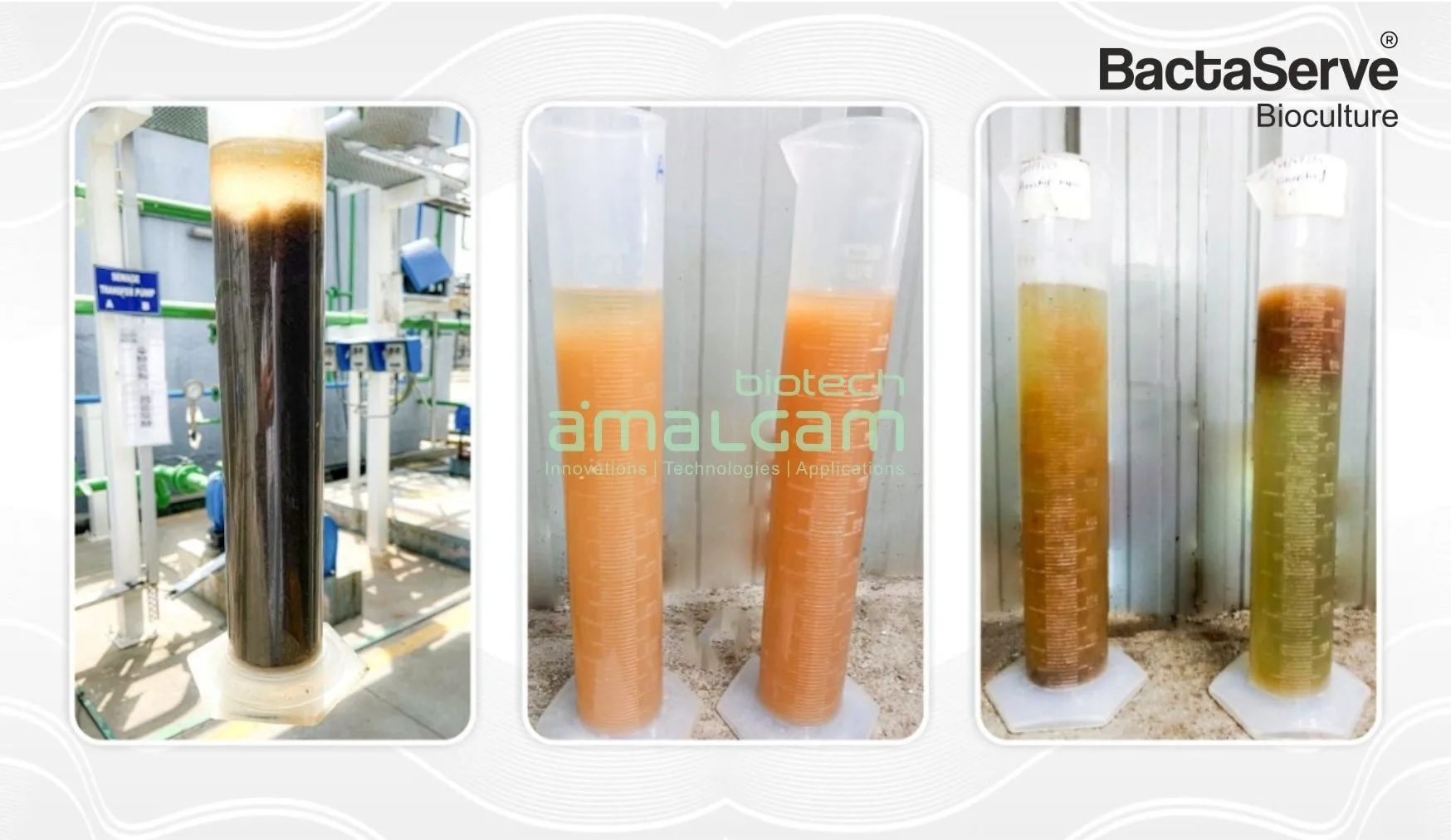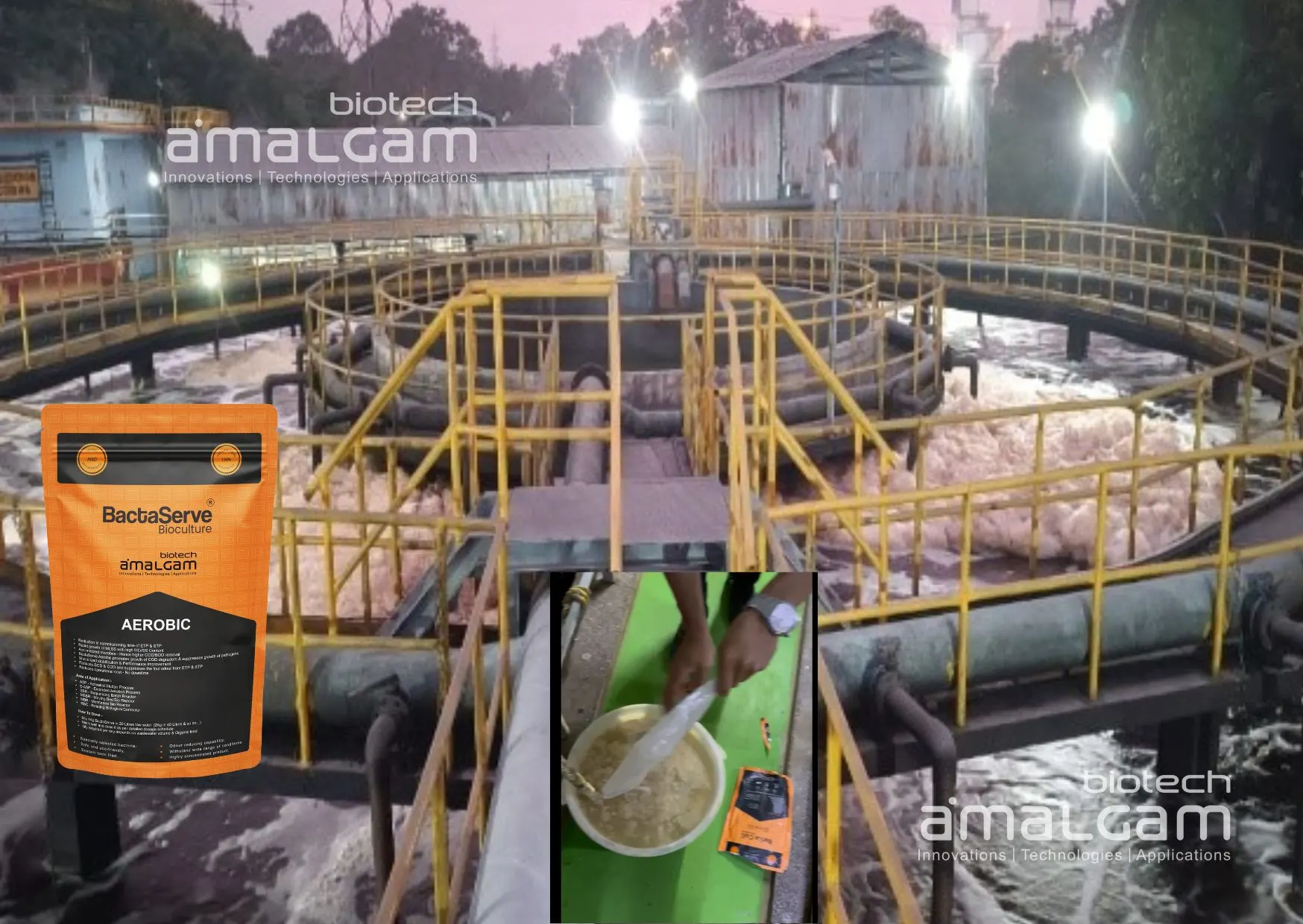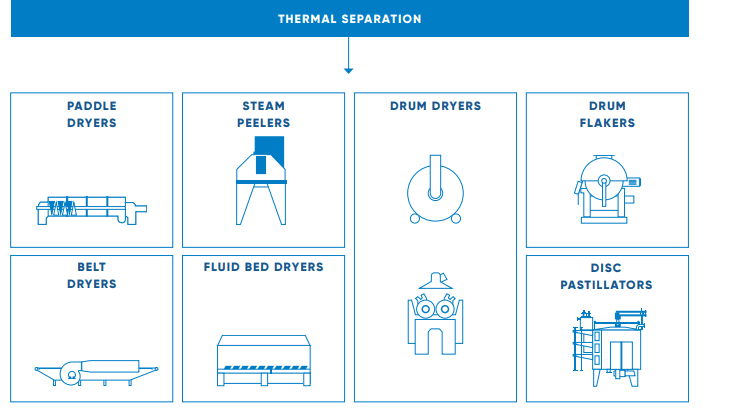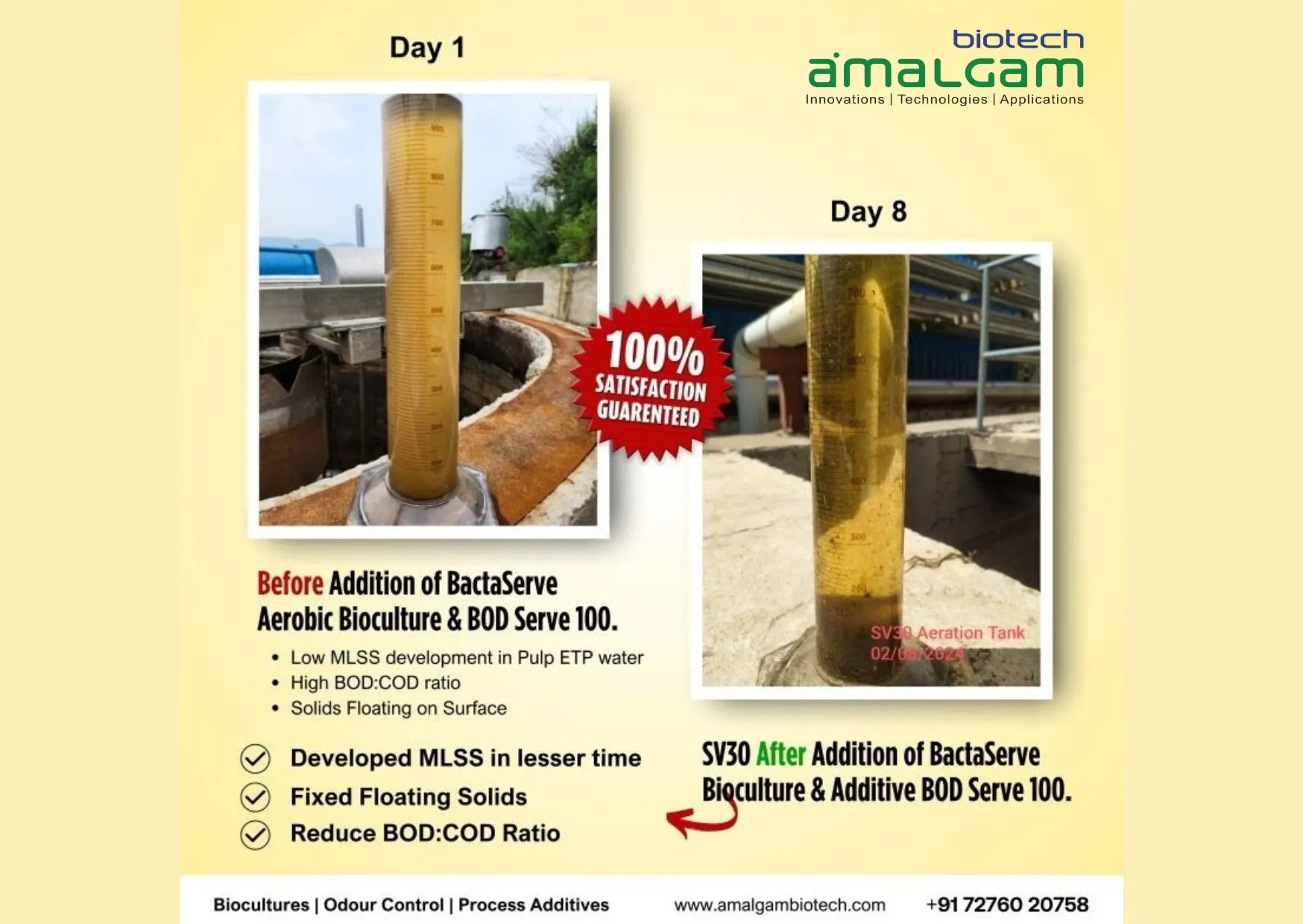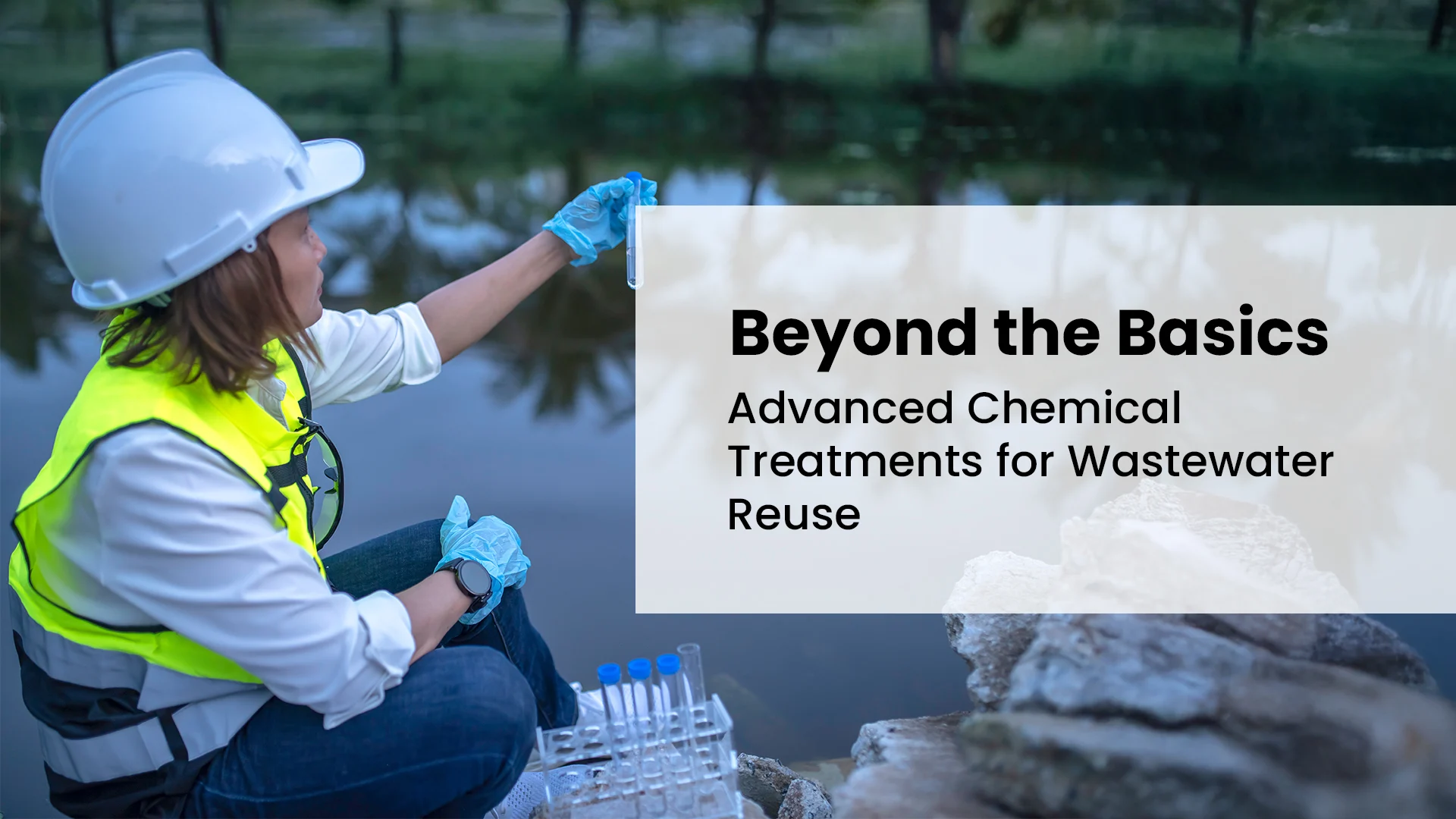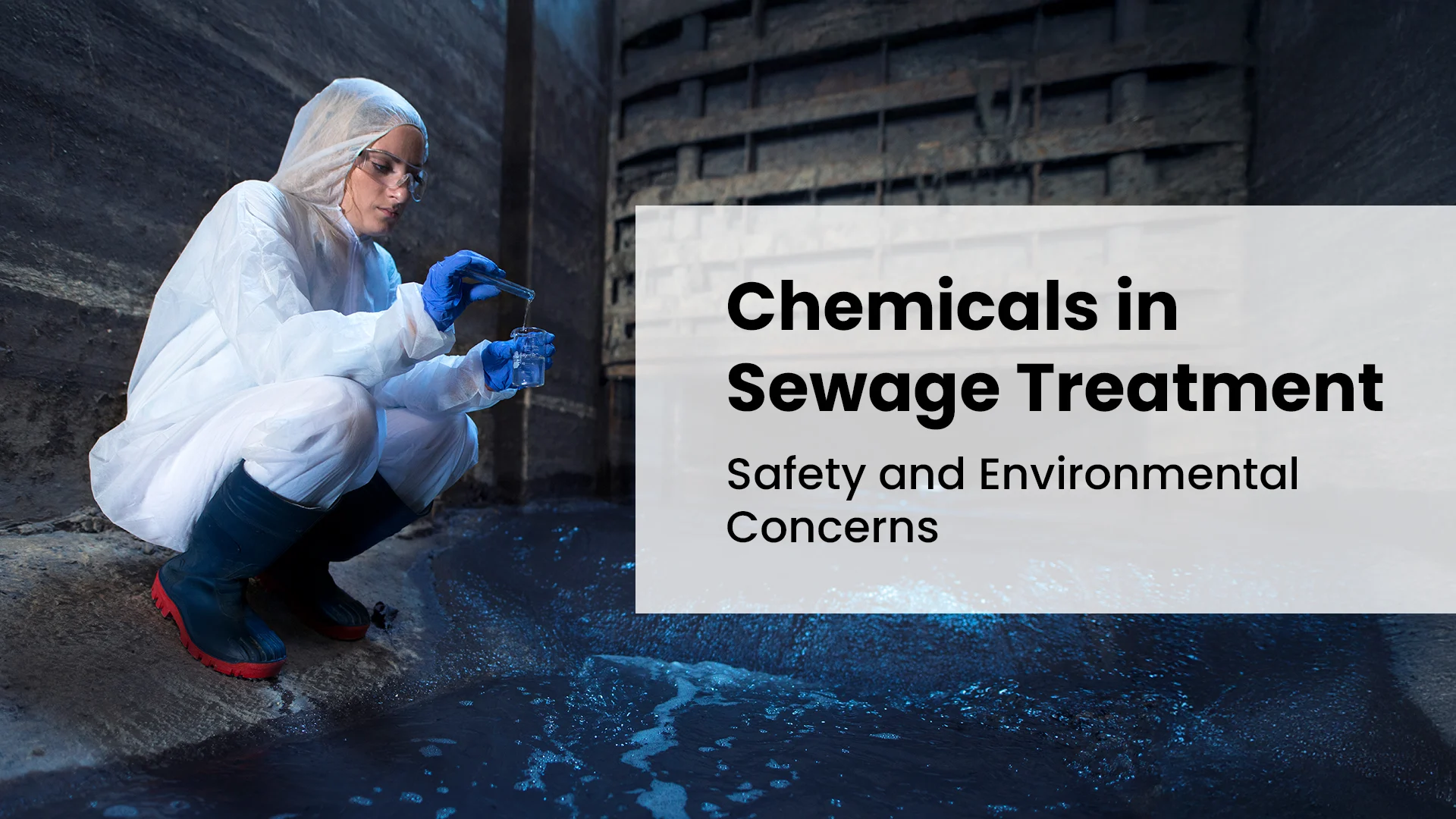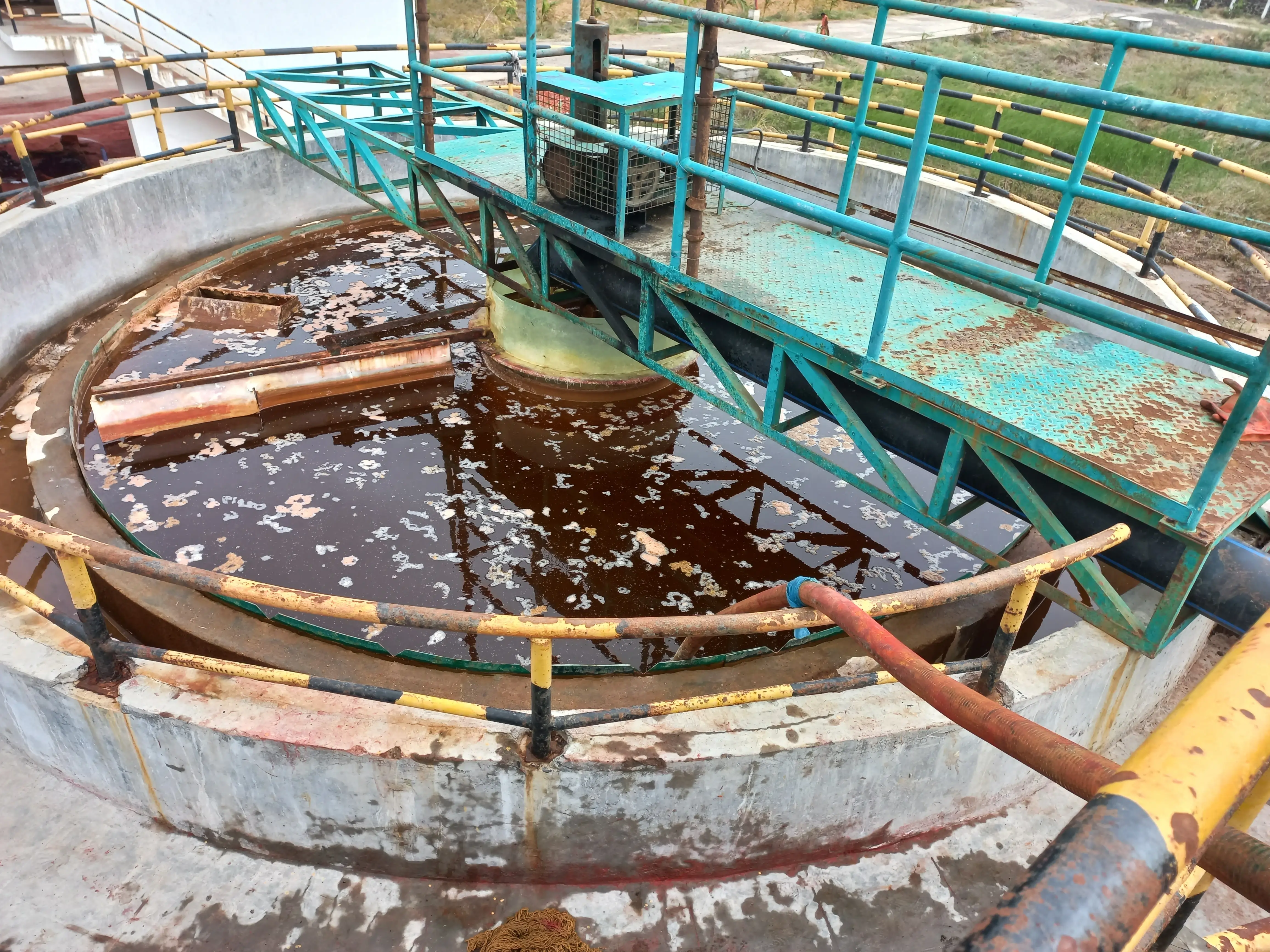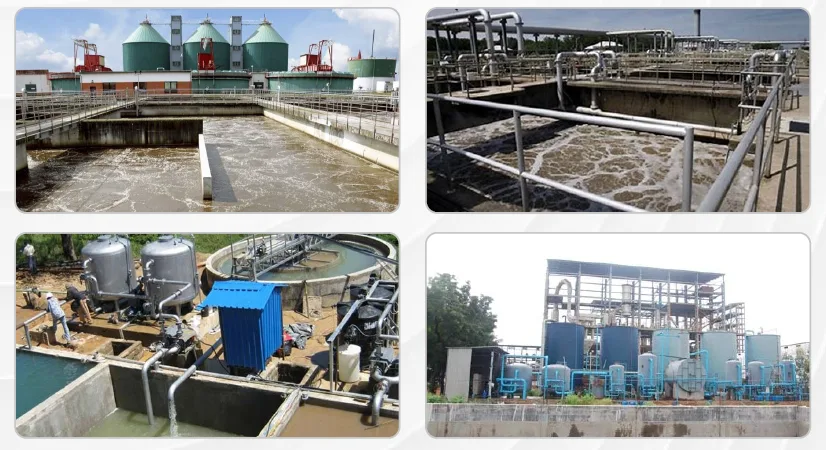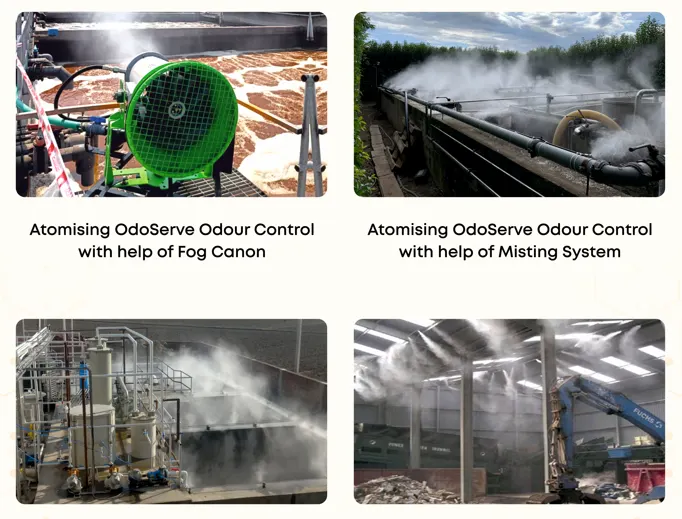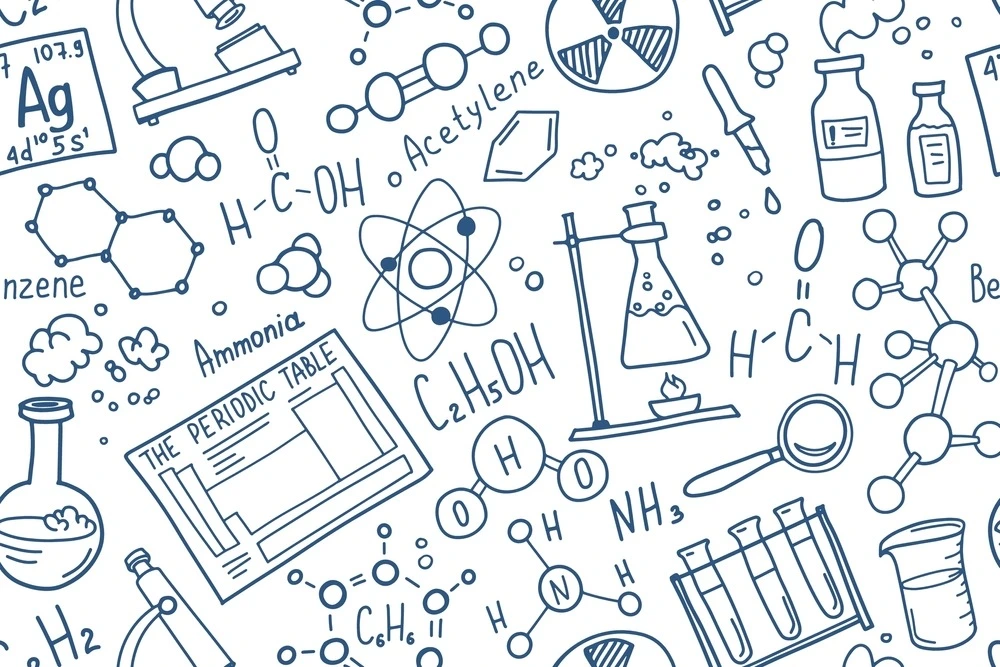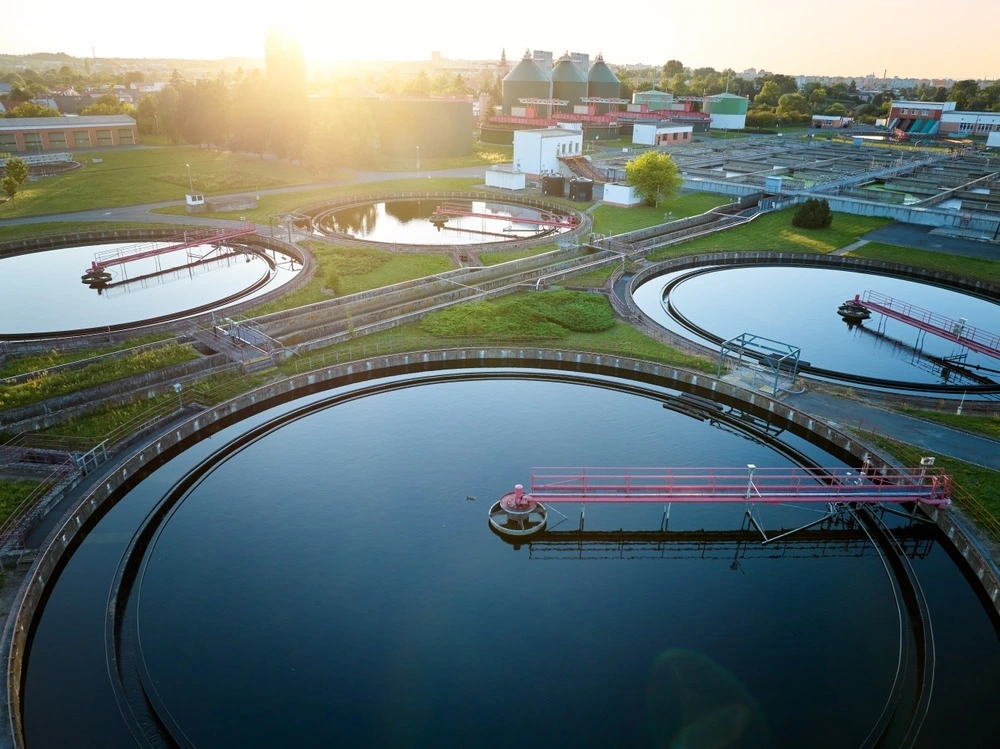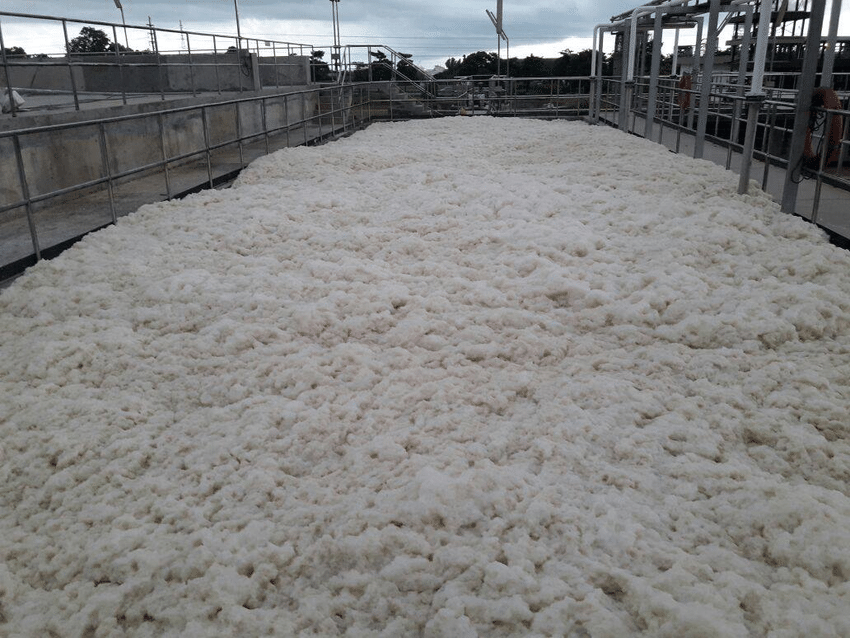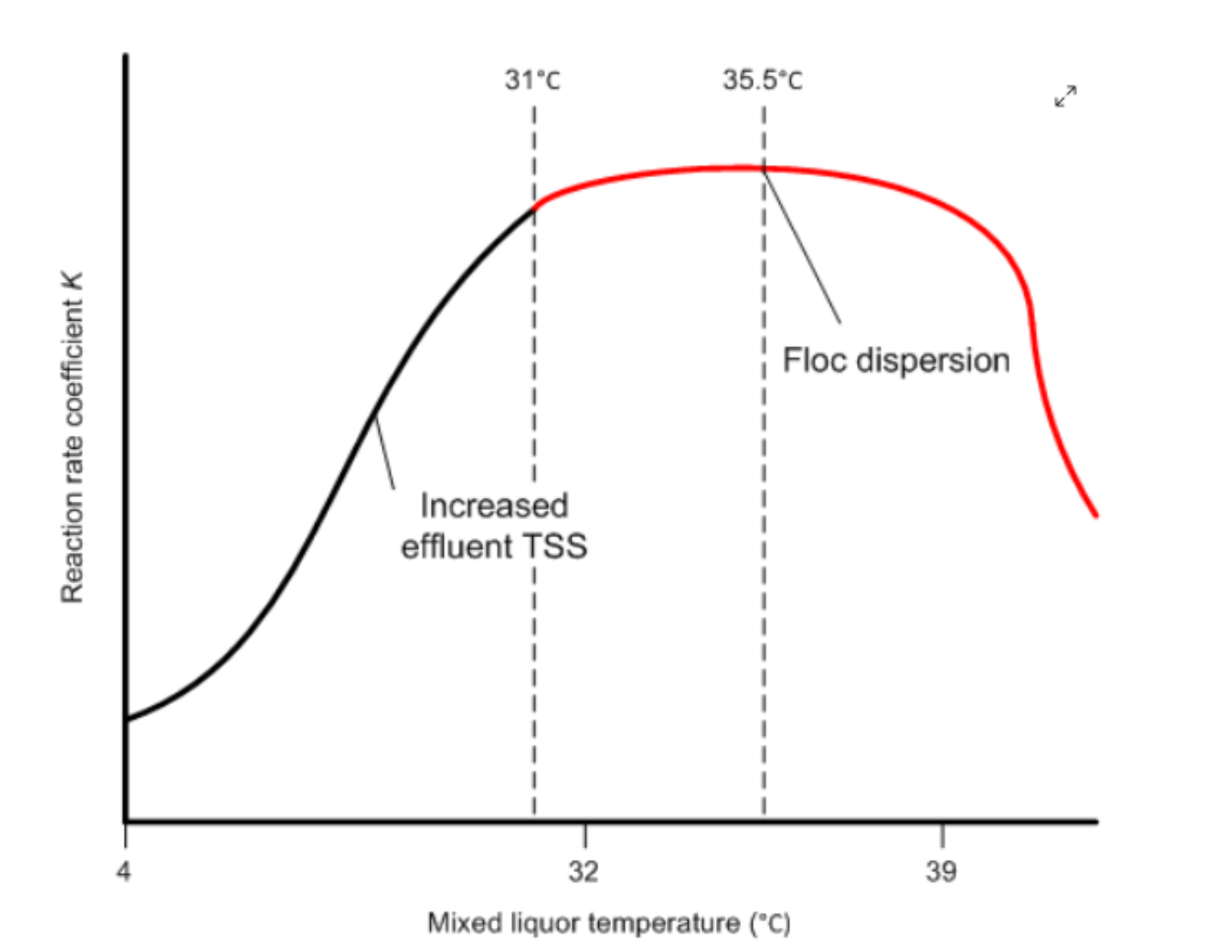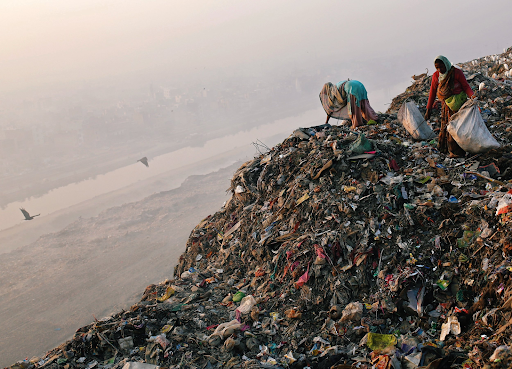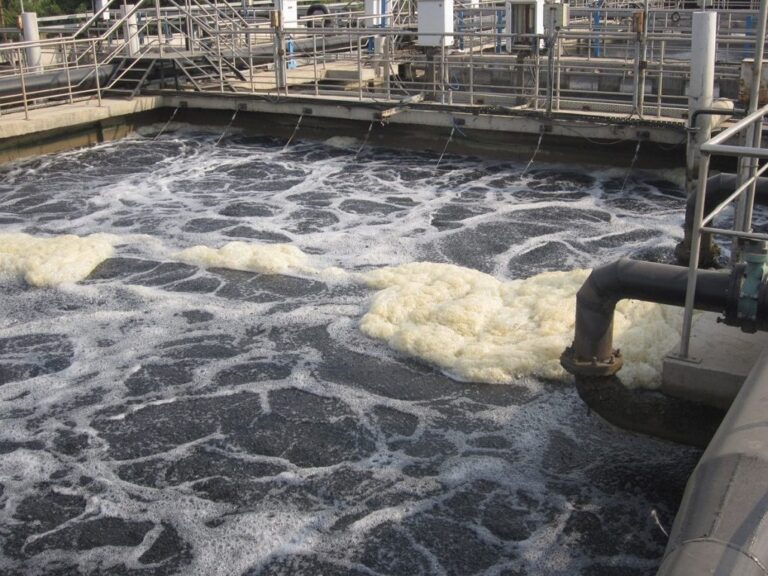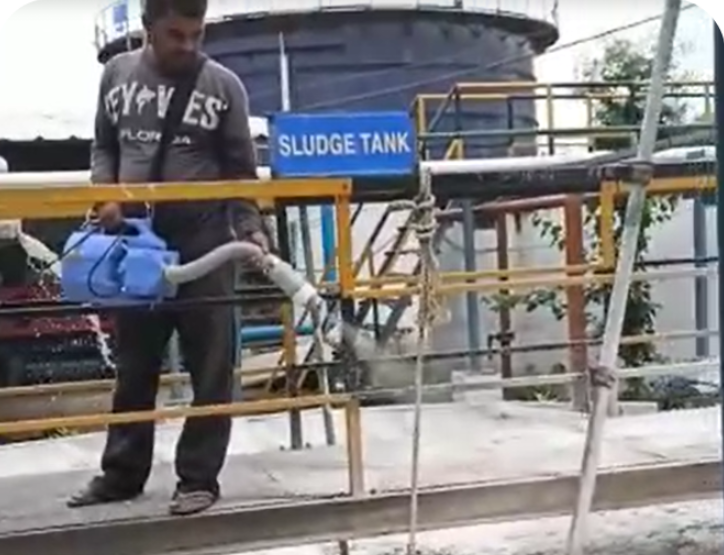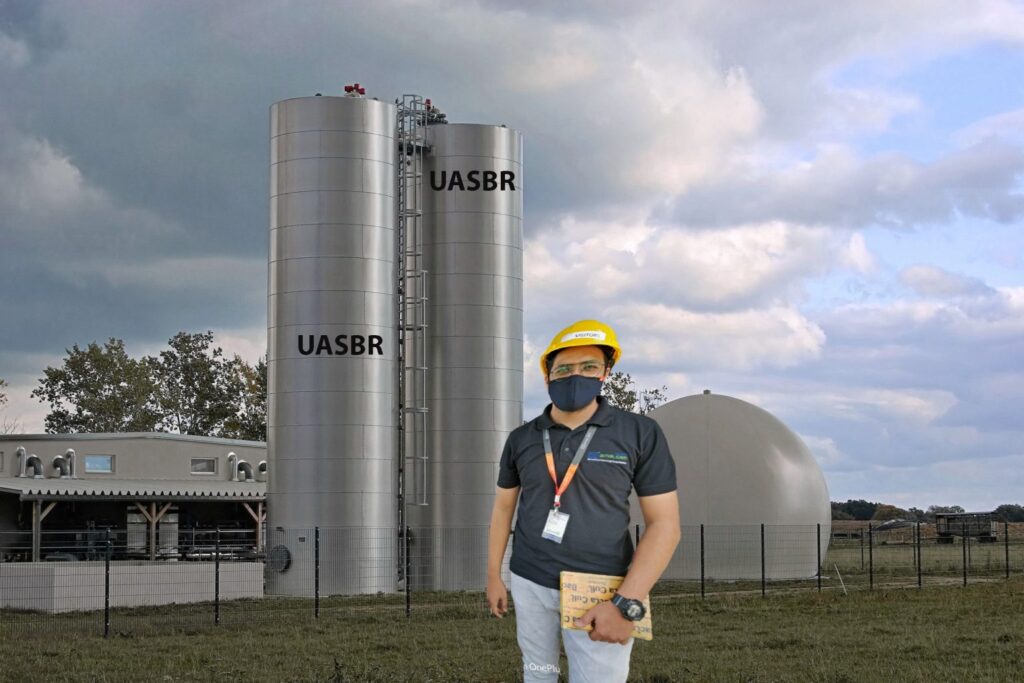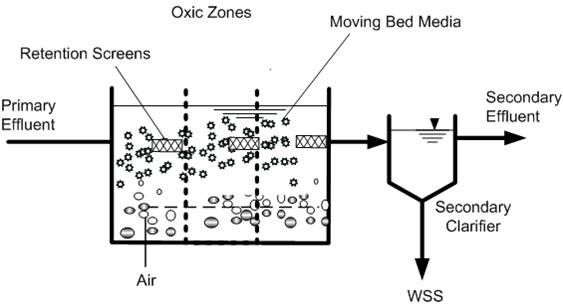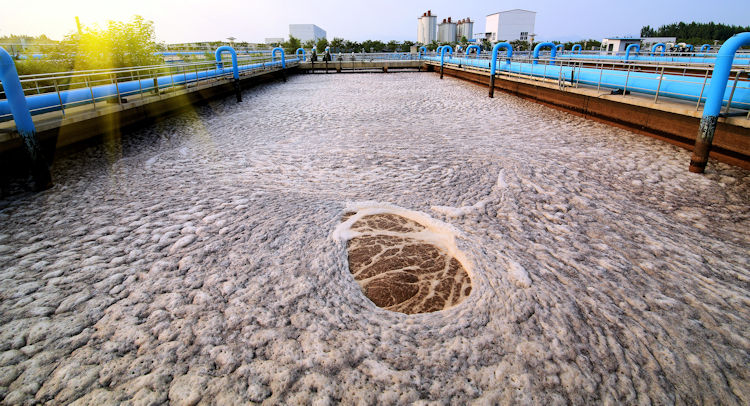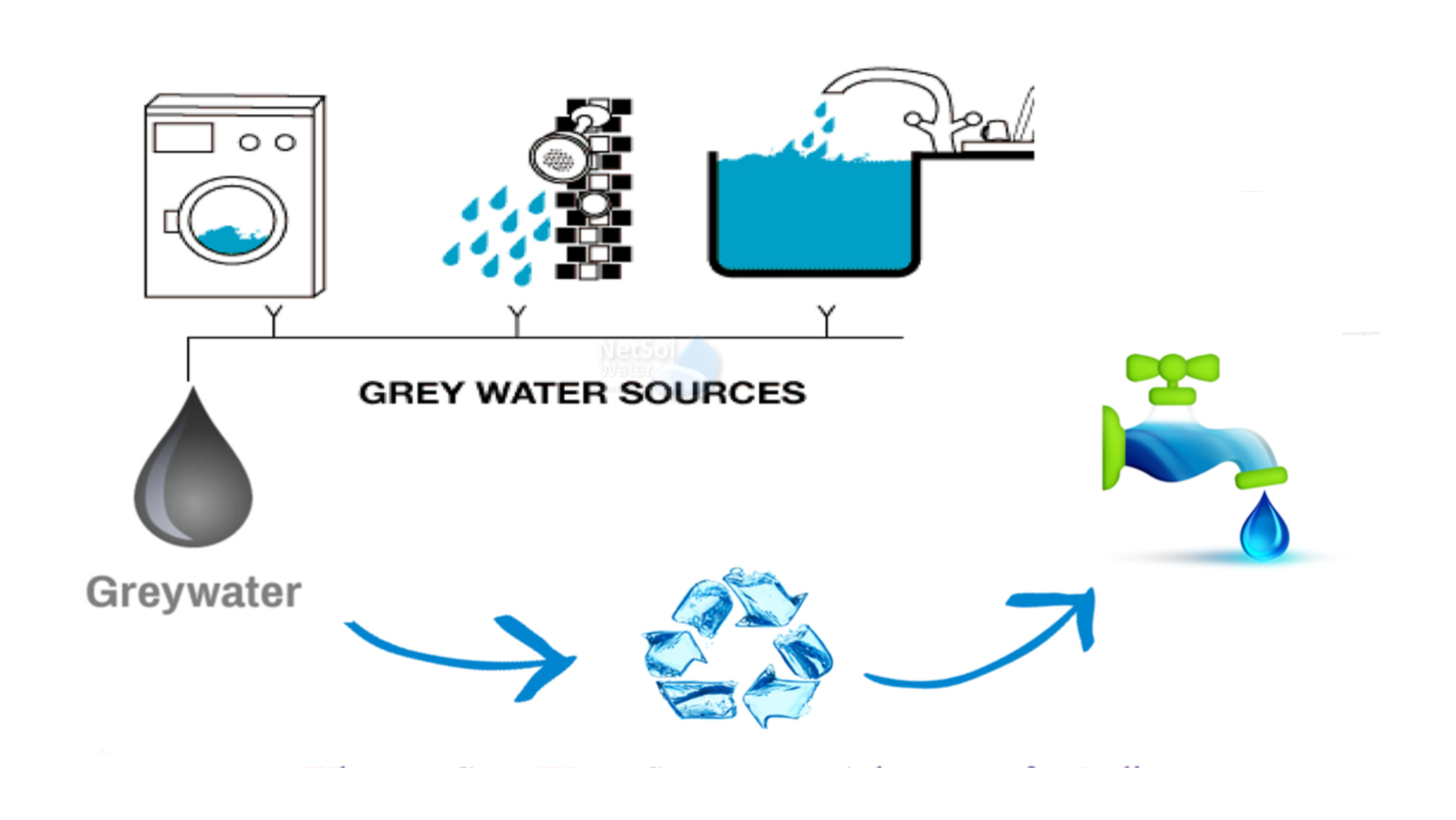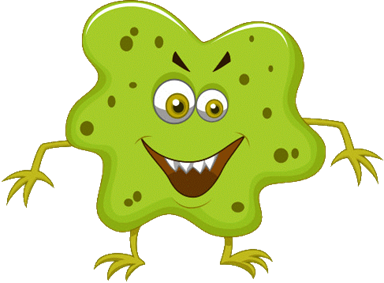Solid Waste Management in Swachh Bharat Mission
Health and hygiene are the initial building block of a happy and well established community. And what could be more essential for maintaining health and hygiene than waste management, especially solid waste management.
About 0.1 million tonnes of municipal solid waste is generated in India every day. That is approximately 36.5 million tonnes annually. Per capita waste generation in major Indian cities ranges from 0.2 Kg to 0.6 Kg.
So, we can understand that there is a lot of solid waste that is being generated every single day. When we think about solid waste, we think about garbage, wrappers, kitchen waste but is that really it? To our surprise solid waste consists of much more than that. It consists of
Organic waste: Kitchen waste, vegetables, flowers, leaves, fruits.
Toxic waste: Old medicines, paints, chemicals, bulbs, spray cans, fertilizer and pesticide containers, batteries, shoe polish.
Recyclable: Paper, glass, metals, plastics.
Soiled: Hospital waste such as cloth soiled with blood and other body fluids. Hospital waste is also considered hazardous waste.
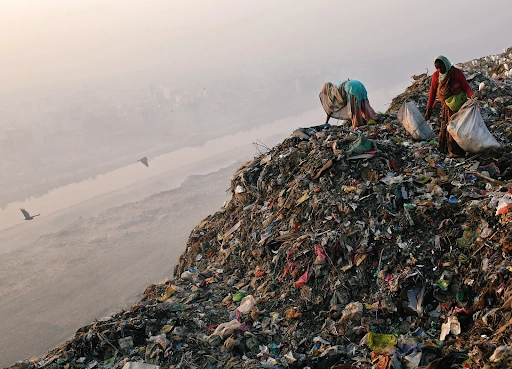
Well why is managing solid waste so essential? What are the disadvantages of untreated or dumped solid waste? Well we all know that it smells bad and creates a very unpleasant environment. Back in the 19th century when science was not so advanced, people used to think epidemics like cholera and typhoid came from the places having foul odour or smelling bad which is known as miasma theory.
Now that science has progressed a lot, we know it’s not the smell that is causing deadly disease but its the microorganism. Improper solid waste management is not only a health hazard but also contaminates soil, water, air and directly affects climate change because Solid waste is an important cause of greenhouse gas emission. Even aquatic life has been adversely affected by solid waste, According to The Sea Turtle Conservancy "Many turtles, that have been killed by consuming debris, had plastic bags or fishing line in their stomachs

So how solid waste is properly managed? Swachh Bharat mission is the country's biggest-ever cleanliness drive costing over 10,600 million USD for 5 years in 4,041 towns in which Solid waste management is considered as one of the six components.The Indian government has initiated waste treatments like bio-refining & biogas plants, composting, recycling etc.
Solid waste is generally managed in a few steps in which substances that can be reused at the source like bags, jars are reused.
- Non-biodegradable waste like plastic, glass is recycled
- Some energy is recovered from the waste before final disposal of waste with the help of processes like bio methanation, incineration etc. and in the end step some waste is dumped into the dedicated sanitary landfills.
- Organic waste is processed to obtain compost from vermicomposting, in vessel composting etc. and that's where our product BactaServe composting comes into action.
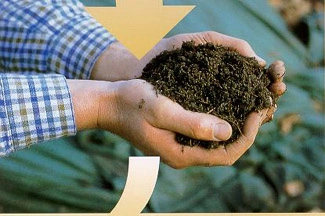
Also, proper solid waste management improves air and water quality and reduces greenhouse gas emission.
When the waste is managed properly, the least amount of the waste reaches the landfills. It conserves space in landfills so the production of harmful substances is reduced.
Improper disposal of waste is the perfect breeding ground for bacteria and pathogens, which leads to several serious health risks. Proper waste management significantly reduces the health risks that come with improper waste management.
By managing your solid waste efficiently with the help of BactaServe compost you too can take a step forward toward significantly contributing to the Swachh Bharat mission. Every step can lead this country towards improving sanitation and hygiene for a better and cleaner future

